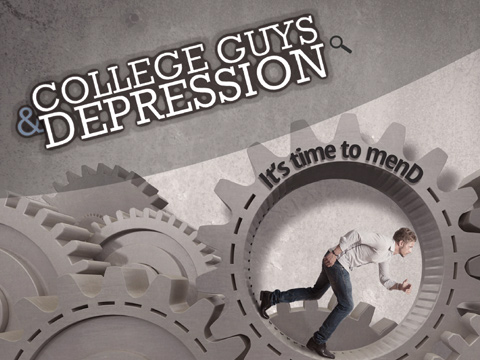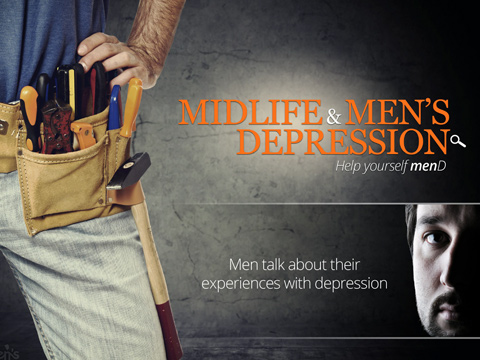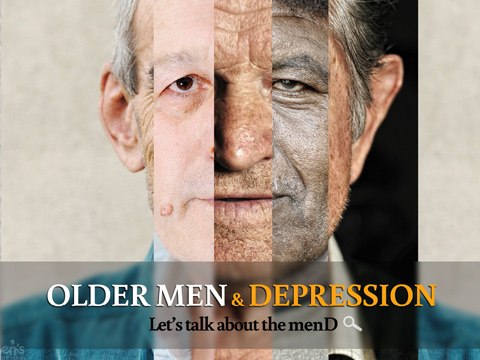MHR Publications
Academic journal articles and publications from Men's Health Research.
Despite the known benefits of physical activity after a prostate cancer diagnosis, the majority of Canadian prostate cancer survivors are insufficiently active. The primary objective of this study was to understand the exercise preferences, interests and exercise levels of Canadian prostate cancer survivors.
Contact! Unload, a research-based play co-developed with veterans and community members, depicts the experiences of a group of veterans serving in Afghanistan (and elsewhere) and their transition home after overseas combat. The play was first produced in April 2015 in a professional theatre venue in Vancouver, and has subsequently been staged 15 times across Canada. To date, eight veterans have taken part as performers in this theatre initiative led by researchers in counselling psychology and theatre. This article takes a close look at the impact the theatre project has had on audience members and their perceptions of the play. Audience impact was measured through a mixed methods approach, using three focus group sessions, four interviews and a post-production written survey by audience members.
eHealth interventions have shown promise to promote Internet-based sex workers’ health and safety internationally, yet minimal attention has been paid in Canada to developing such interventions.
This report summarizes a large study conducted to examine the role of prostate cancer support groups in health promotion.
Prostate cancer continues to be a complex disease for which a cause or cure has not yet been identified. Many men are diagnosed each year and the incidence is likely to increase as greater numbers of men reach “old” age.
The pressure on boys and men to engage in extensive body practices (e.g., closely monitored eating and exercise habits) and achieve ideal male bodies has grown significantly over the past 20 years.
Men’s high suicide rates have been linked to individual risk factors including history of being abused as a child, single marital status, and financial difficulties. While it has also been suggested that the normative influences of hegemonic masculinities are implicated in men’s suicide, the gendered experiences of male suicidality are poorly understood.
Across Australia, prostate cancer support groups (PCSG) have emerged to fill a gap in psychosocial care for men and their families. However, an understanding of the triggers and influencers of the PCSG movement is absent.


